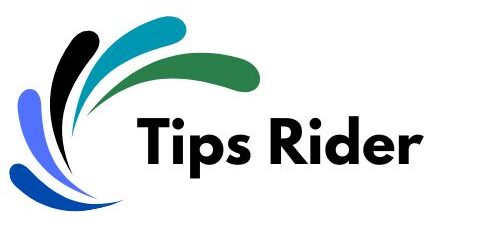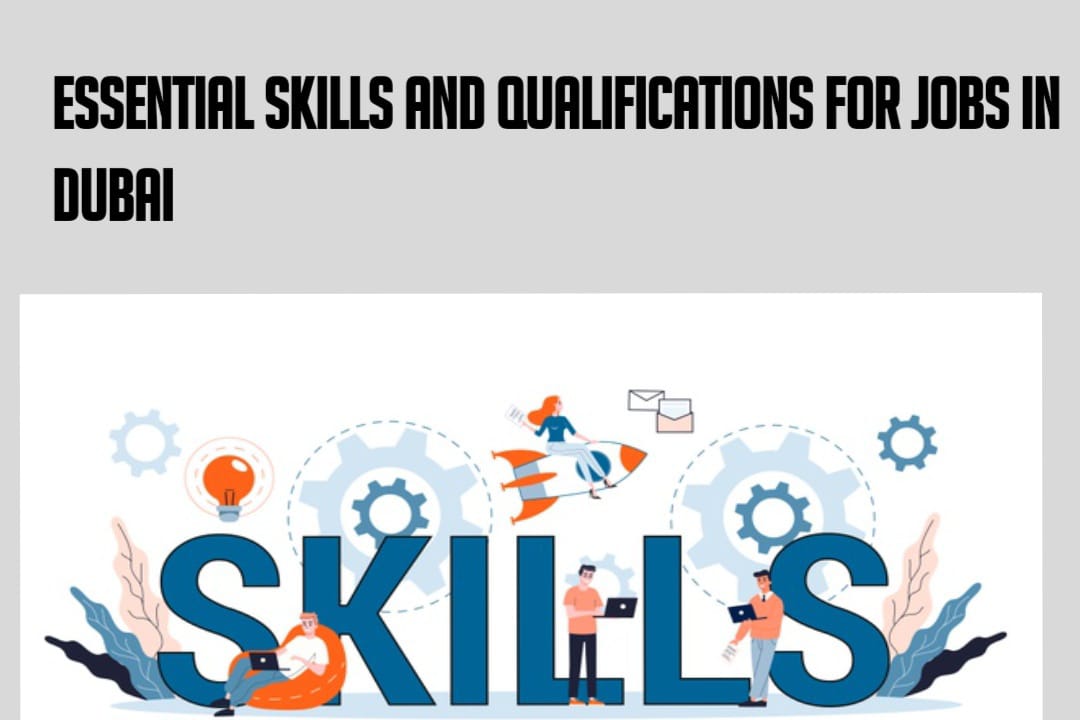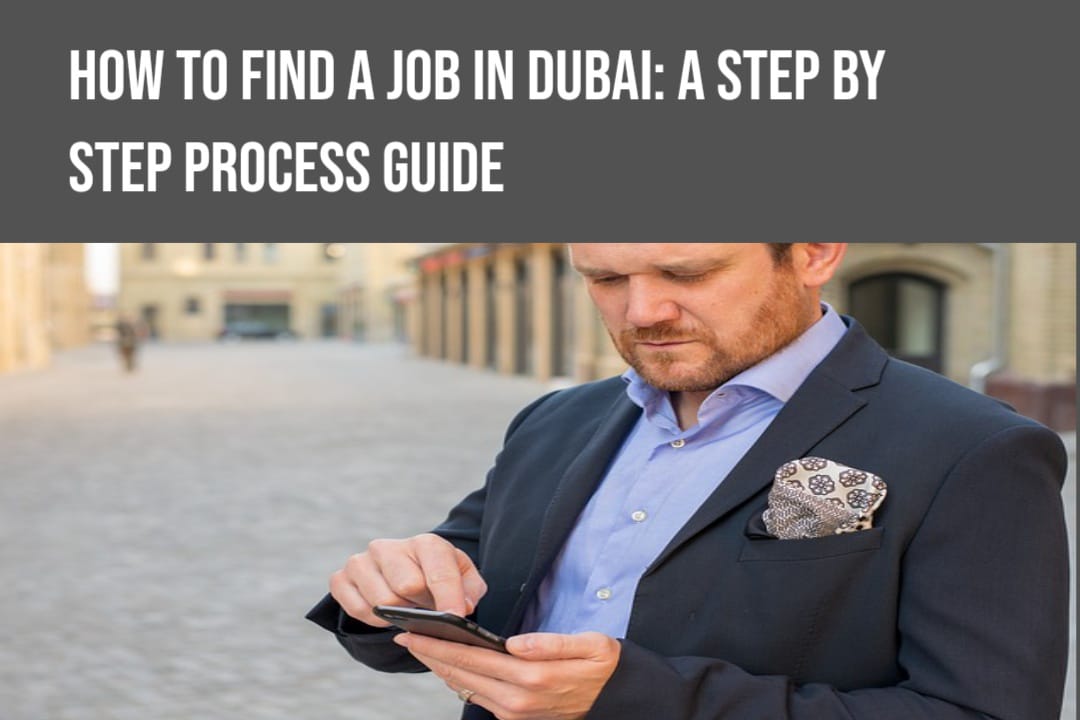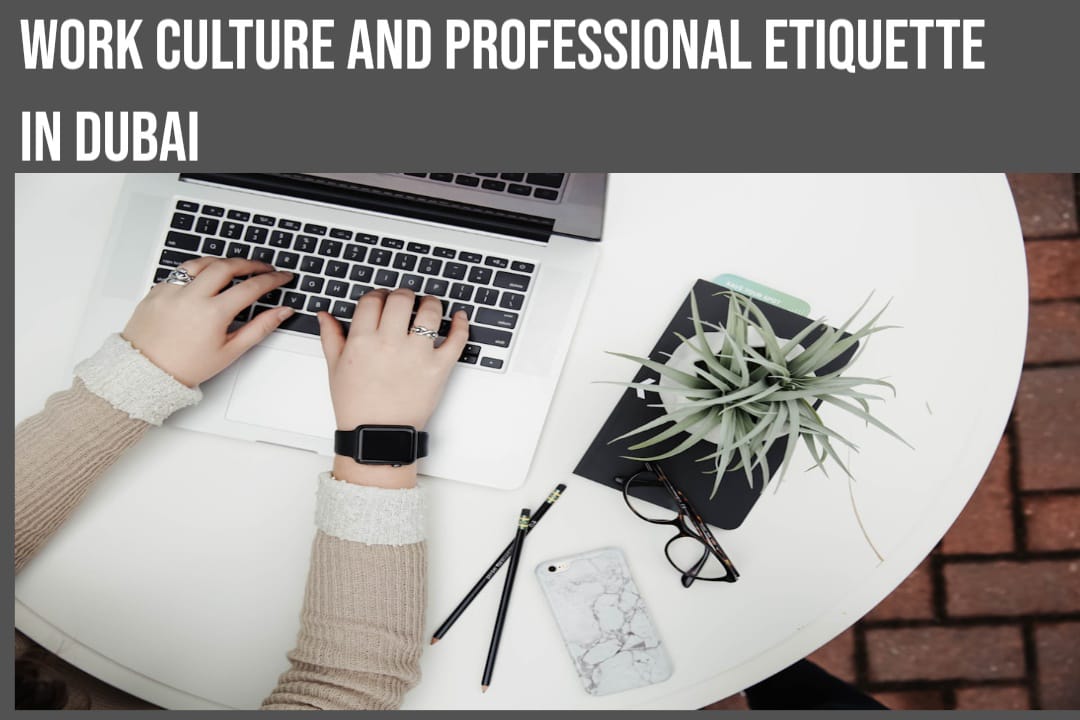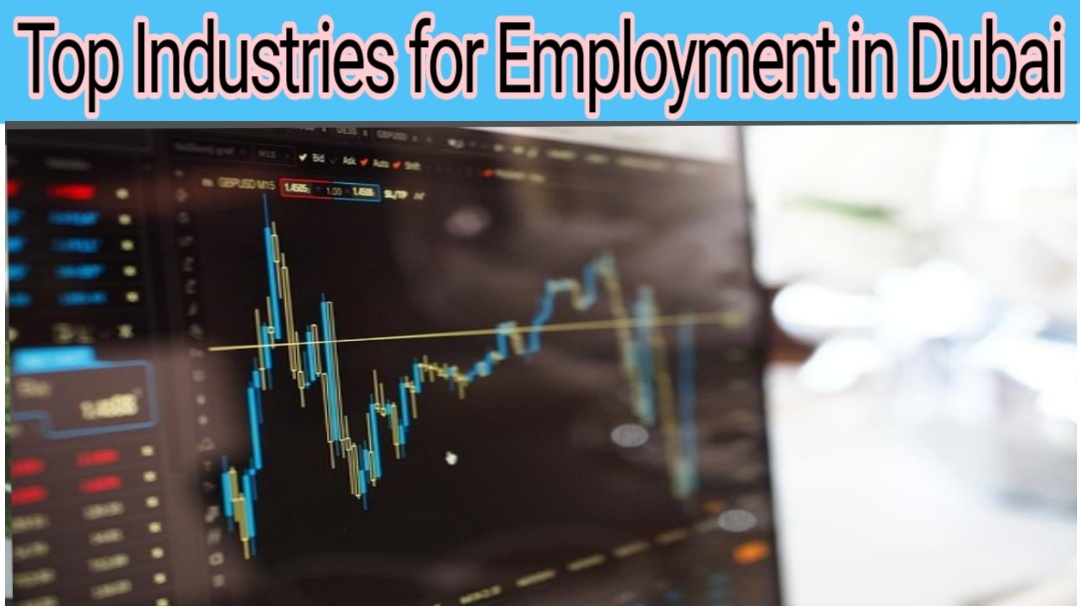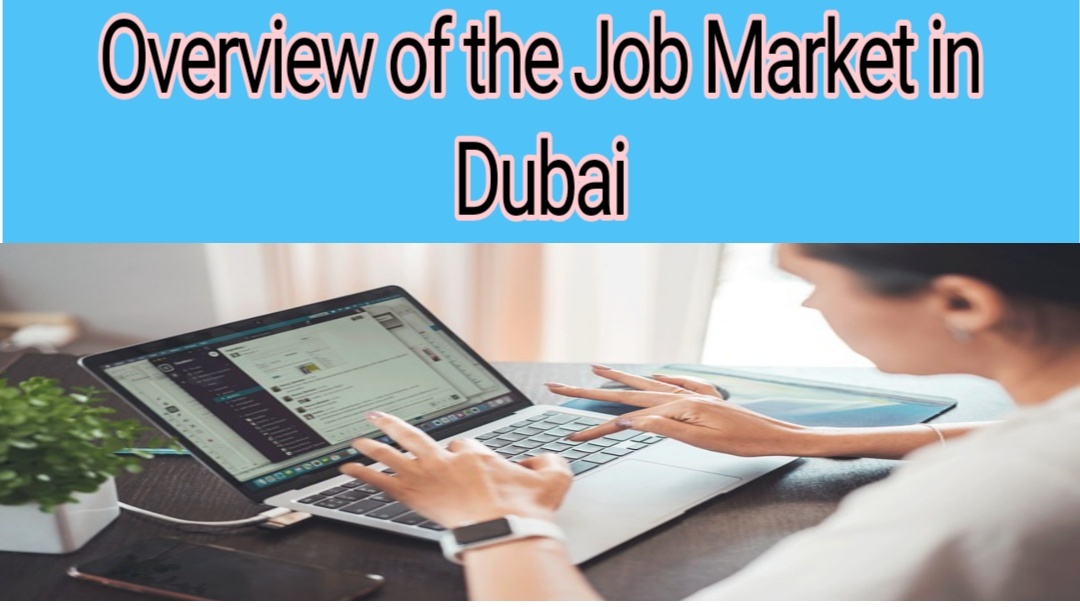Dubai is a magnet for expatriates, drawing professionals from all corners of the globe with its promise of lucrative career opportunities, a high standard of living, and a vibrant, multicultural environment. While the city offers numerous advantages, it also presents a set of challenges that expats must navigate. Understanding both the hurdles and the opportunities available can help expatriates make the most of their experience in this dynamic city.
Challenges Faced by Expats
One of the foremost challenges for expats in Dubai is adapting to the cultural and social environment. Dubai’s diverse population comprises people from various cultural backgrounds, and integrating into this melting pot can be daunting. Expats may find themselves adjusting to new social norms and traditions, which can differ significantly from their home countries. Understanding local customs, etiquette, and the Islamic practices that influence daily life in Dubai is essential for smooth social integration.
Navigating the legal and bureaucratic landscape is another major challenge. The process of securing work visas, residency permits, and other necessary documentation can be complex and lengthy. Expats often need to work closely with their employers or legal experts to ensure compliance with Dubai’s regulations. This bureaucracy can be a significant hurdle, requiring patience and thorough understanding of local laws and procedures. Work-life balance is also a concern for many expats. Dubai’s work culture is known for its high demands, long hours, and a strong focus on performance. Balancing professional responsibilities with personal life can be challenging, especially for those with families. Finding suitable housing, schools, and healthcare services can add to the stress of relocating and settling into a new country.
Opportunities for Career Growth
Despite these challenges, Dubai offers a wealth of opportunities for professional advancement. The city is a hub for industry and innovation, providing numerous avenues for career development. Expats can take advantage of various professional development programs, workshops, and seminars designed to enhance skills and expand knowledge. The city’s dynamic business environment encourages continuous learning and growth. Networking plays a crucial role in career progression in Dubai. The city’s international business scene facilitates connections with professionals from diverse fields. Expats can leverage these connections to discover new job opportunities, forge partnerships, and advance their careers. Industry events, professional associations, and social gatherings offer valuable platforms for expanding professional networks and gaining insights into various sectors.
Working in Dubai also offers the benefit of exposure to a multicultural environment. Engaging with colleagues from different cultural backgrounds enriches professional experience and broadens perspectives. This exposure enhances adaptability, creativity, and problem-solving skills—qualities that are highly valued in any career. The diverse work environment can also lead to innovative approaches and solutions that may not be apparent in a more homogeneous setting.
Support Systems for Expats
Dubai provides several support systems to help expatriates navigate their new environment. Expat communities and social networks offer valuable assistance and companionship. These communities often host events and create platforms where newcomers can connect, share experiences, and build friendships. Engaging with these groups can ease the transition and provide a sense of belonging.
In addition, various resources and organizations in Dubai offer support for expats. Relocation services, legal advisors, and cultural orientation programs are available to help with the practical aspects of moving and settling in. These services can guide expats through the complexities of local regulations, assist with housing and schooling, and offer cultural insights that facilitate smoother integration. Online platforms and social media groups also play a significant role in supporting expatriates. These platforms provide information, advice, and support on a wide range of topics, from everyday living to professional challenges. Expats can use these resources to stay informed and connect with others who have navigated similar experiences.
Conclusion
In short, working in Dubai presents a blend of challenges and opportunities for expatriates. Adjusting to a new culture, dealing with legal and bureaucratic processes, and managing work-life balance are significant challenges that expats must address. However, Dubai also offers substantial opportunities for career growth, professional development, and networking. The city’s diverse environment enriches professional experience and fosters skills that are valuable in any career. Expats can thrive in Dubai by taking advantage of available support systems, actively participating in expat communities, and embracing the opportunities for professional and personal growth. With careful preparation and a proactive approach, expatriates can successfully navigate the challenges and make the most of their time in this vibrant and exciting city.
